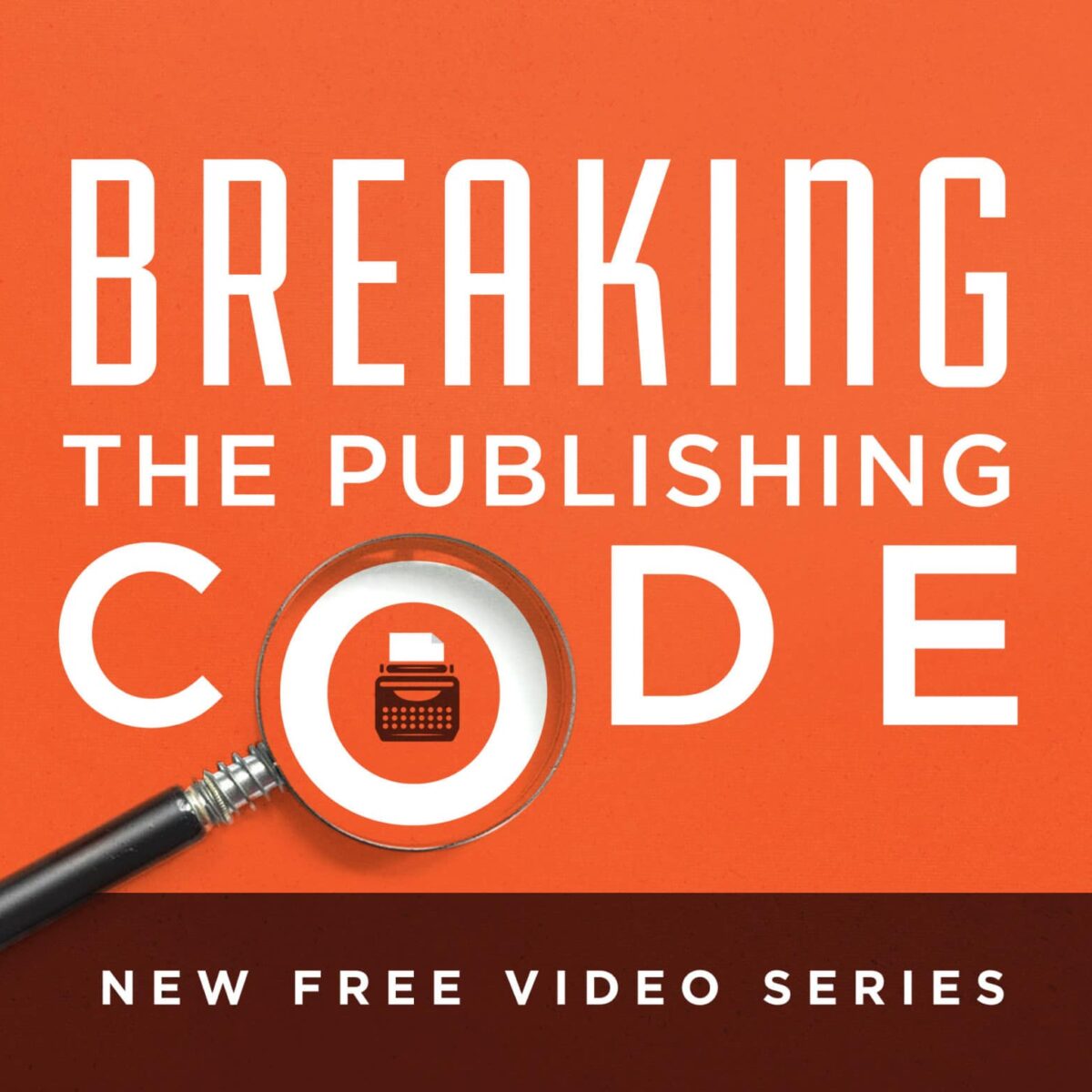When I was in the publishing business, the sales staff often wanted to correlate a book’s length with its value. They believed that books with more pages should be priced higher. Books with fewer pages should be priced lower.

But is this true?Yesterday, I got this e-mail from an unhappy customer about her purchase of Writing a Winning Book Proposal, my e-book for authors:
I felt hugely ripped off by your ‘book.’ You didn’t say anything I didn’t already know and didn’t address any of the questions I actually had. You used a big font to pad the pages, but your content was truly sparse. No publisher in the country would have published this ‘book’ and charged $20.
What you wrote was more of a pamphlet and should have been advertised as such. I was totally disillusioned that a Christian man of your caliber and reputation would burn me like that. I know we all have to make a living, but we need to make an honest one.
Let’s set aside her perception of the quality for a minute. If you go to the sales page, you’ll see about 20 endorsements from leading agents and about 1,200 from satisfied customers. These speak for themselves.
Let’s also set aside her charge that I somehow mis-represented the length of the book and was thus dishonest and ripped her off.
- I explicitly say in the sales copy the book is only 32-pages long. I also say the price is not based on the page count.
- I offer an unconditional, money-back guarantee with no time limit. All she had to do was ask. (In fact, I volunteered to do this again in my reply to her yesterday.)
The issue I want to focus on is the length.
Personally, I don’t think the value of information products, including books, is in their length. In fact, I could make the case that brevity is a benefit, especially in a world where we are so busy. If I can get what I need in a shorter amount of time, so much the better.
Like you, I have read long books that were worthless and short books that were invaluable. I don’t buy page-count, and I’ll bet you don’t either.
The issue is whether or not the content helps me accomplish my goals and provides a sufficient return on my investment.
Consider the fact that some of the shortest works in history had the greatest value as measured by their long-term impact.
- The Gettysburg Address is only 256 words long—a little more than a page.
- The Declaration of Independence is only 1,100 words long—about four pages.
- The Sermon on the Mount is about 2,500 words long—about eleven pages.
I’m not equating my e-books to these great historical works. I am simply making the point that there is no necessary correlation between length and value.
When I was first starting in my publishing career, a salty old publisher told me, “A book should be like a woman’s skirt—long enough to cover the subject but short enough to keep it interesting.”
Though sexist by today’s standards, the last half of his counsel is right. When we write or say anything, we should first focus on the message not the length.
Disclosure of Material Connection: Some of the links in the post above are “affiliate links.” This means if you click on the link and purchase the item, we will receive an affiliate commission. Regardless, we only recommend products or services we use and believe will add value to our readers. We are disclosing this in accordance with the Federal Trade Commission’s 16 CFR, Part 255: “Guides Concerning the Use of Endorsements and Testimonials in Advertising.








